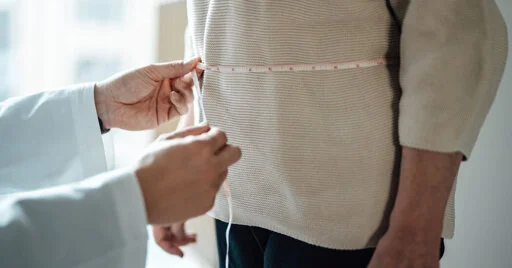YSK that there's a better index than the BMI to measure obesity called the Body Roundness Index
YSK that there's a better index than the BMI to measure obesity called the Body Roundness Index
www.nytimes.com
Time to Say Goodbye to the B.M.I.?

"The body mass index has long been criticized as a flawed indicator of health. A replacement has been gaining support: the body roundness index." Article unfortunately doesn't give the freaking formula for chrissakes; it's "364.2 − 365.5 × √(1 − [waist circumference in centimeters / 2π]2 / [0.5 × height in centimeters]2), according to the formula developed by Thomas et al.10"